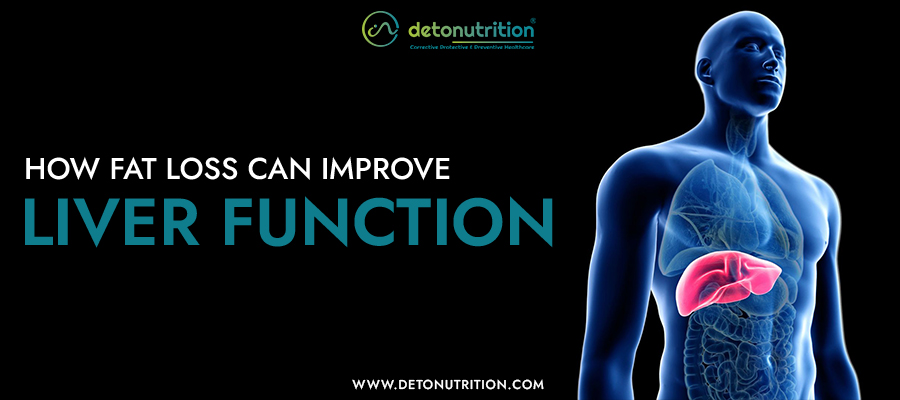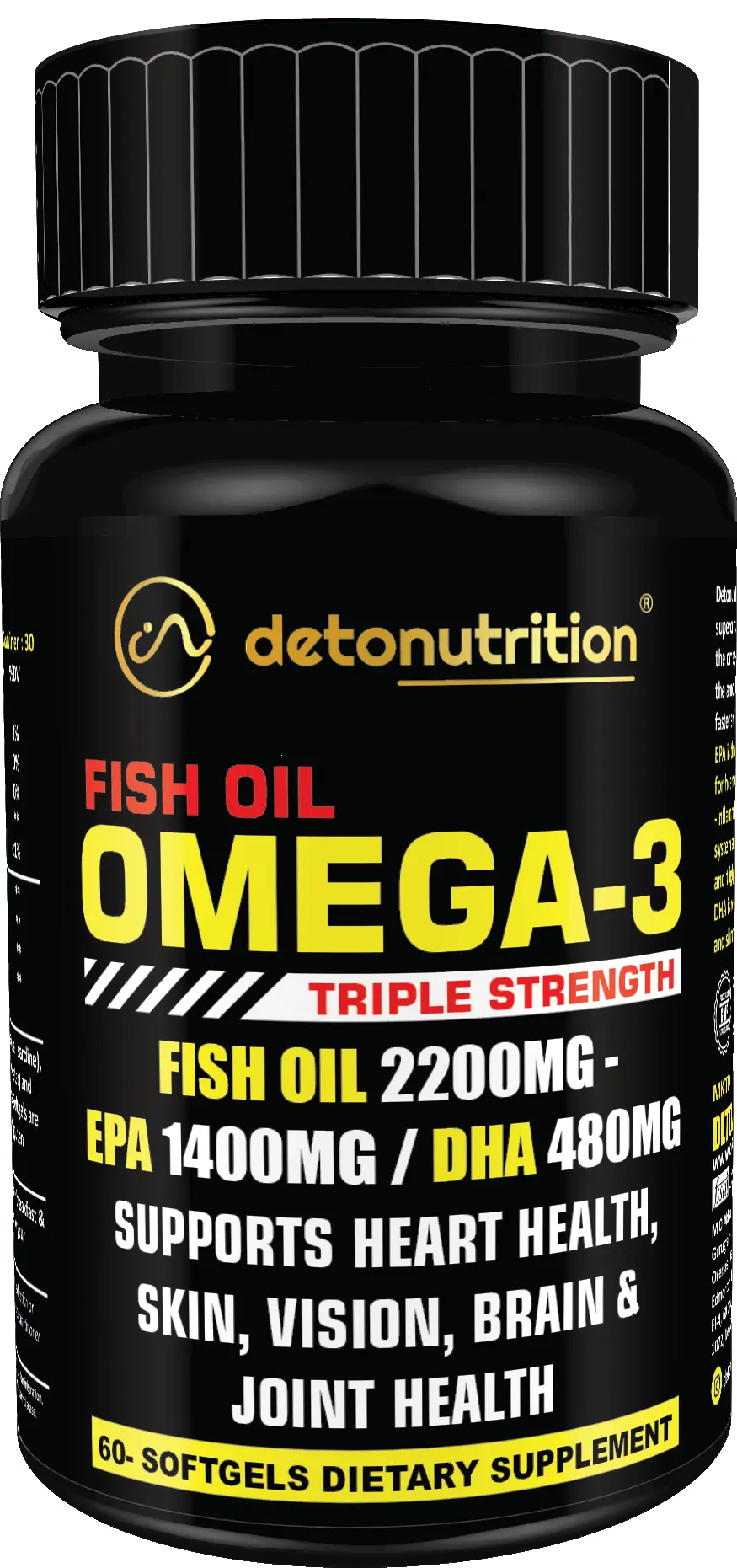How Fat Loss Can Improve Liver Function
Your liver plays an important role in various processes, including digestion, detoxification, and nutrient storage. However, due to obesity and its associated conditions, obesity puts a strain on liver health leading to a condition known as non-alcoholic fatty liver disease. But by managing your weight, you can easily reverse liver damage and promote your overall health. In this blog post, we'll explain how fat loss improves liver function.
Read This Article - DEBUNKING "MAGIC BULLET" BELLY FAT BURNERS & THE ROLE OF BEST WEIGHT LOSS SUPPLEMENTS
The Role of Fat Loss in Improving Liver Function
Fat loss has an important role in the management of non-alcoholic fatty liver disease due to its profound effects on liver health. The following are some beneficial impacts of weight loss on liver function:
1. Improved Insulin Sensitivity:
Obesity-induced insulin resistance plays an essential role in the pathogenesis of NAFLD. It helps in promoting lipogenesis and impairing lipid oxidation in the liver. Losing weight can enhance insulin sensitivity in peripheral tissues by reducing hepatic glucose production and lipid synthesis which later helps in liver regeneration.
2. Reduction of Hepatic Fat Accumulation:
Excess visceral fat contributes to elevated levels of free fatty acids in the bloodstream, which are later taken up by the liver and stored as triglycerides. This process leads to hepatic steatosis which later causes fatty liver. By promoting fat loss through calorie restriction and physical activity, the liver's lipid burden starts to reduce. It also alleviates the liver inflammation and oxidative stress associated with fat accumulation.
3. Resolution of Inflammation and Fibrosis:
Inflammatory cytokines and adipokines released from adipose tissue exacerbate liver inflammation and fibrosis in non-alcoholic fatty liver disease. Weight loss, particularly through diet and exercise reduces inflammation and regulates pro-inflammatory pathways in the liver. Furthermore, the secretion of adipokines contributes to the resolution of hepatic fibrosis, paving the way for liver tissue repair and regeneration.
Read this article - L-carnitine For Fat Loss Does It Works? Benefits, Precautions And Warnings
Strategies for Fat Loss and Better Liver Health
Achieving sustainable fat loss and optimizing liver function requires a comprehensive approach that involves dietary modifications, physical activity, and herbal supplements. Here are some strategies to consider:
1. Regular Exercise:
Incorporating a combination of resistance training, aerobic exercise, and flexibility exercises into your routine helps to maximize the fat-burning process, preserve lean muscle mass, and enhance metabolic rate. Aim for at least 1 to 1:30 hrs of moderate-intensity aerobic activity, 75 minutes of vigorous-intensity activity per week, or strength training on two or more days per week for better fat loss results.
2. Calorie Restriction:
Moderate calorie restriction is tailored to individual needs in order to lose fat and improve metabolism. Losing 1-2 pounds of weight per week helps to minimize muscle loss and metabolic adaptation.
3. Balanced Diet:
Eating a balanced diet that is rich in whole grains, fruits, vegetables, lean proteins, and healthy fats while limiting refined sugars, saturated fats, and processed foods helps in better weight loss results. Adopting a balanced diet and better lifestyle choices helps promote weight loss and improve liver health.
4. Herbal Supplements:
For improved liver health and well-being, many individuals turn to herbal supplements to complement their diet and lifestyle. When it comes to liver health and fat loss, certain types of herbal supplements have the potential to support metabolic processes, reduce inflammation, and promote weight management. Supplements like extended liver support, rapid fat loss combo, and omega 3 capsules help in enhancing liver health and facilitating fat loss with any withdrawal effects. However, relying on just supplements and not eating a proper diet cannot help you in weight loss. To get the best results you need to consume a balanced diet, take herbal supplements, have a proper workout routine, and healthy lifestyle choices to support liver function and promote fat loss.
Conclusion:
Fat loss is directly linked to improvements in liver function as it helps in managing fatty liver disease. By reducing hepatic fat accumulation, and promoting liver regeneration, weight loss interventions offer promising benefits for individuals with fatty liver disease. Adopting a holistic approach encompassing dietary modifications, regular physical activity, and consuming herbal supplements can pave the way for sustainable fat loss and optimal liver health. Prioritizing weight management not only helps in safeguarding liver function but also helps in combating various diseases. So, don't wait and start your weight loss journey today for a happier and healthier tomorrow!





